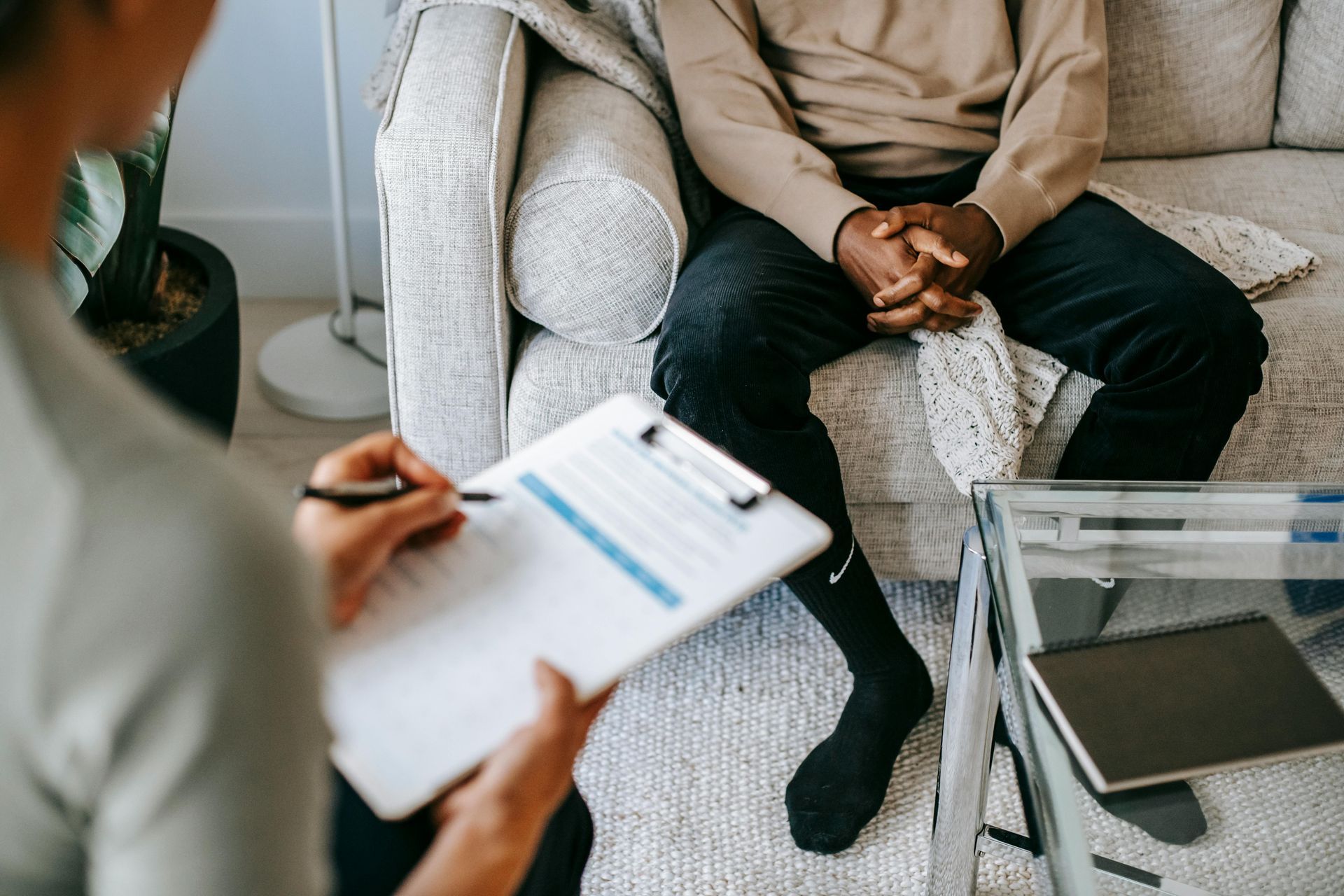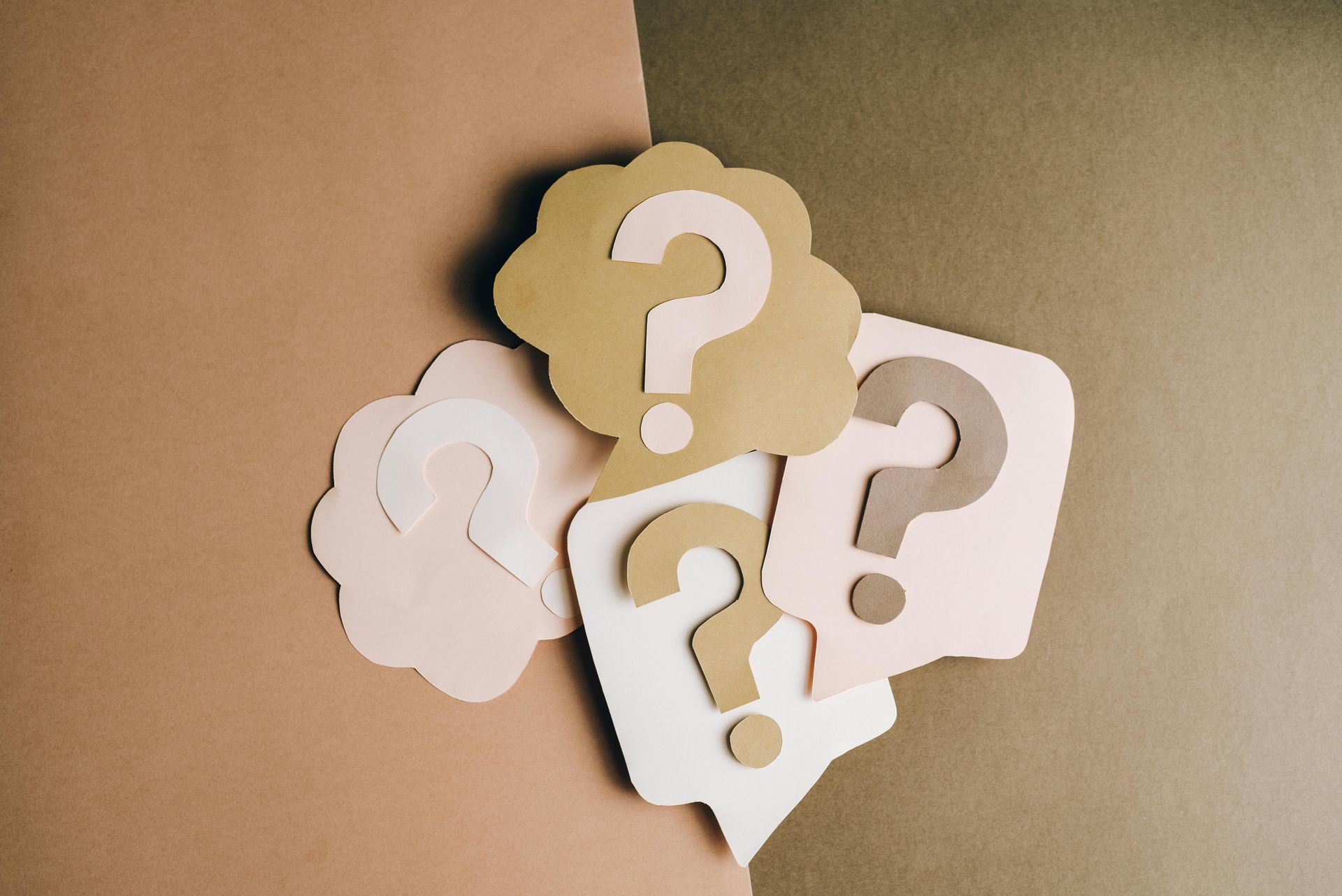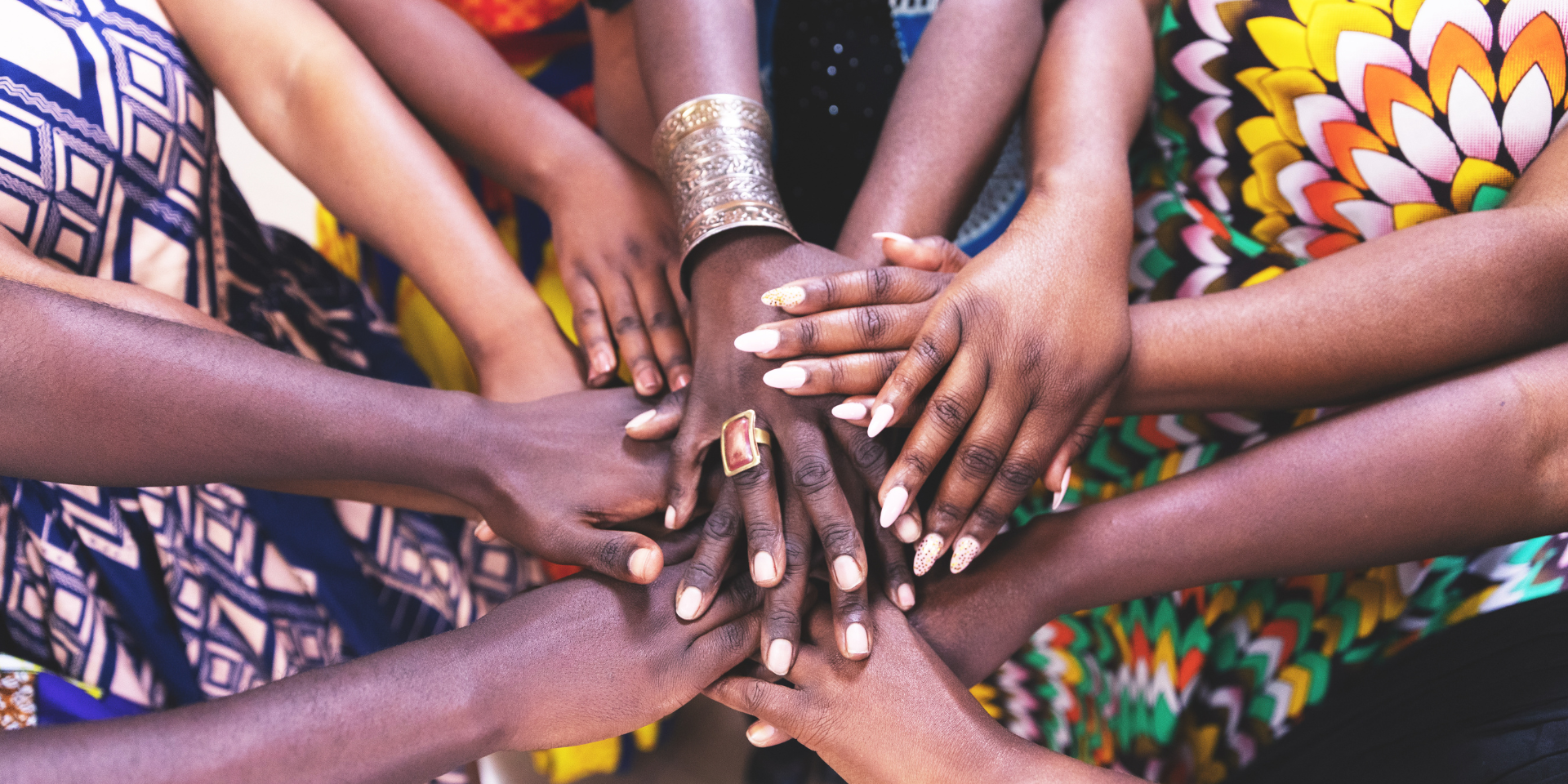- 79% of Black women report having to change their behavior at work to make others comfortable. [1]
- 54% of Black women leaders report feeling pressure to modify their communication style or appearance. [2]
- Black women are more than twice as likely as women overall to code-switch at work by changing their mannerisms, tone, or speaking style. [2]
Redefining Resilience: The Strong Black Woman
Written by Simone Lewis, CarePoint Health Staff
Let's talk about something we all need but some of us struggle to prioritize – mental health. While this conversation is growing everywhere, there's a group facing unique challenges that often get overlooked: Black women.
Think about it - when was the last time you saw a Black woman portrayed as anything but a pillar of strength? This "Strong Black Woman" stereotype might seem positive on the surface, but it comes with a heavy price tag.
The expectation to be endlessly resilient while facing undervalued work, lower pay, and constant stereotyping isn't just unfair – it's exhausting. And when society keeps telling you to "stay strong," where's the space to be vulnerable?
The Weight of Proving Your Worth
Ever feel like you're constantly having to prove yourself? You're not alone.
Black women often find themselves playing this exhausting game of "twice as good for half the recognition." Take Patricia Jaggernauth's story at CP24 - her powerful question "How come I'm always good enough to fill in but never good enough to invest in?" strikes a chord that many Black women know all too well.
The mental load is heavy: navigating microaggressions at work, pushing against stereotypes, and still showing up with excellence every day. Despite being among the most educated groups, the return on that investment often doesn't match the effort. It's like running a marathon on an uphill track while everyone else gets the flat route.
More Than Just "Strong"
Let's talk about something that needs to change: the "Strong Black Woman" label. As Canadian icon Jully Black perfectly put it, “...I have friends of all walks of life and I’ve never heard my white girlfriends be called ‘strong white women.’ Asian friends be called ‘strong Asian women’…never in my life. And so, this is my opportunity to take the S off my chest. Handle me with care. I’m fragile as well. I’m delicate. I have feelings.”
The truth is, being called "strong" may seem like a compliment, but it often feels like a burden, as society expects Black women to bear the weight of everything without breaking. This label demands we keep going without rest, never allowing us the space to feel vulnerable or take a break.
Self-Care Isn't Selfish
Here's the truth: Taking care of yourself isn't a luxury; it's a necessity. Here's what that can look like:
- Find your people - connect with therapists who get your experience and communities that make you feel seen.
- Make time for joy - whether that's journaling, meditation, or just dancing in your living room.
- Set boundaries – it’s okay to say ‘no’ to things and protect your space to recharge.
- Tap into your roots - whether through spirituality, art, or connecting with other Black women who share your journey.
Organizations like The Black Health & Social Services Hub (BHSS) are doing amazing work creating spaces where you can breathe, heal, and grow. They offer culturally connected care with Black health practitioners who understand your journey.
In addition to the BHSS, the Ontario Structured Psychotherapy program offers free mental health support to residents (18+) of Brampton, Halton, and Mississauga. These services are available in multiple languages and are offered virtually, in person, or via phone, ensuring the community can access support.
Moving Forward
Remember, true strength isn't about being unbreakable - it's about being real, being human, and sometimes saying, "I need support."
Let's build a world where Black women don't have to be "strong" to be valued. Where they can be soft, tired, joyful, unsure, or anything else they feel in the moment. Sometimes, the strongest act of care is simply asking, "How are you really doing today?"
References:
[1] Black women still face a glass cliff, but fixing workplace systems can change that, Catalyst (2024, 15 August)
[2] Women in the Workplace 2024: The 10th-anniversary report, McKinsey & Company (2024, September 17)
[3] CP24 personality alleges 'systemic pattern' of discrimination in human rights claim against Bell Media (2022, October 8)
[4] Jully Black Responds To Trolls, Talks Mental Health & Social Media | MUCHMUSIC















